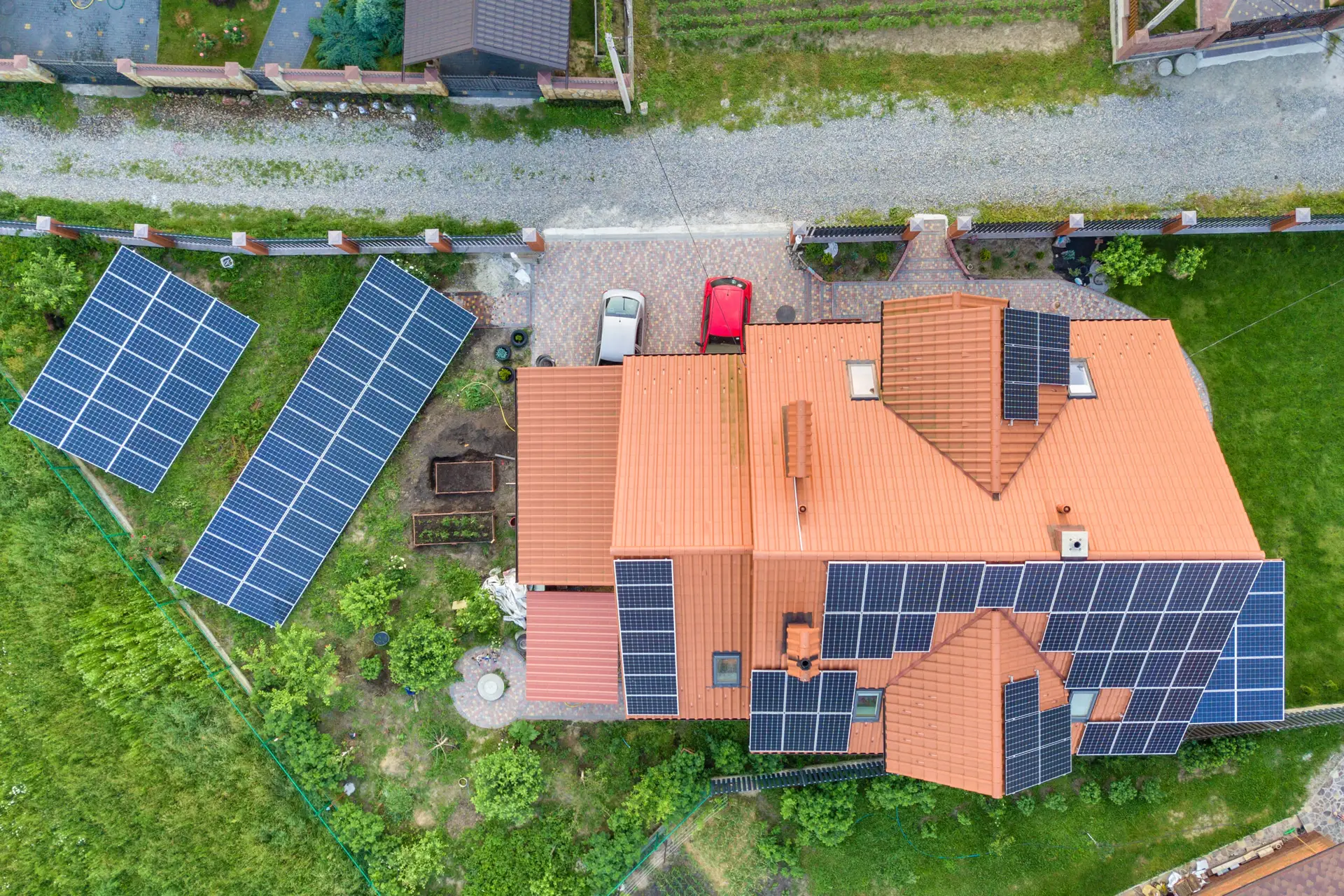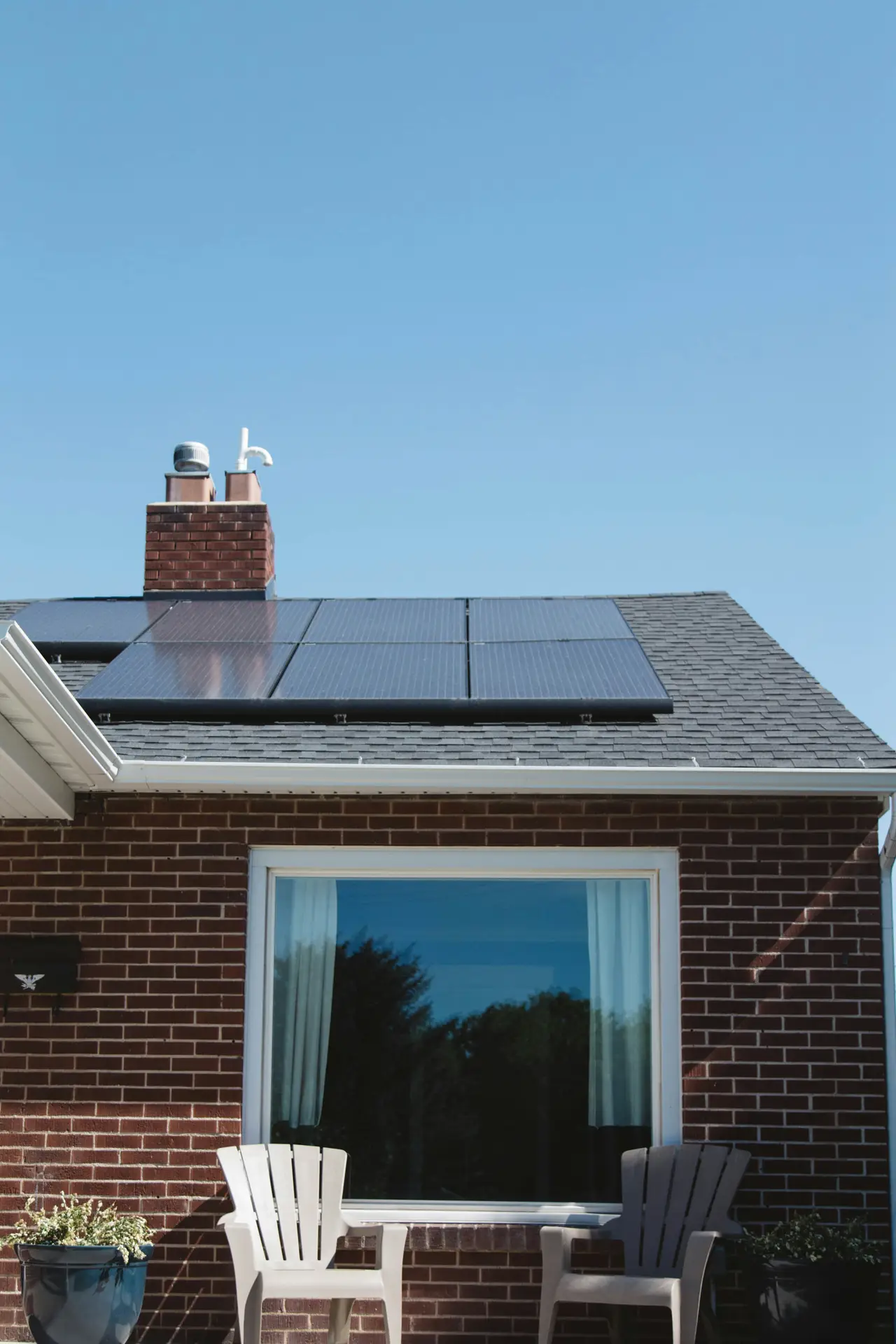
Energy Independence & Preparedness
Achieving energy independence and preparedness offers numerous benefits for homes and families, including enhanced reliability, cost savings, and environmental sustainability. By integrating solar power systems with battery storage, households can generate and store their own electricity, reducing reliance on the grid and mitigating the impact of power outages. This approach not only ensures a continuous power supply during grid disruptions but also allows homeowners to utilize stored energy during peak demand periods, potentially lowering electricity costs.

Why Go Solar?
- Immediate Savings: Reduce your electricity costs from the first month.
- Protection from Rate Increases: Utility rates continue to rise, but solar locks in your energy cost.
- Boost Your Home Value: Solar panels increase your property’s value, giving you returns beyond your monthly savings.
- Federal & State Incentives: Take advantage of tax credits and rebates, making your switch to solar even more affordable.
Incorporating both grid and solar independence, along with battery storage, enables families to optimize energy use and enhance resilience. Solar panels generate electricity from sunlight, while batteries store excess energy for later use, ensuring a consistent power supply even when solar generation is low. This combination allows for seamless switching between solar power, battery storage, and grid electricity, depending on availability and demand. Additionally, hybrid systems can export surplus energy back to the grid, potentially earning credits or payments, further offsetting energy costs. By leveraging both grid and solar independence, families can achieve greater energy security, reduce utility expenses, and contribute to a more sustainable energy future.
